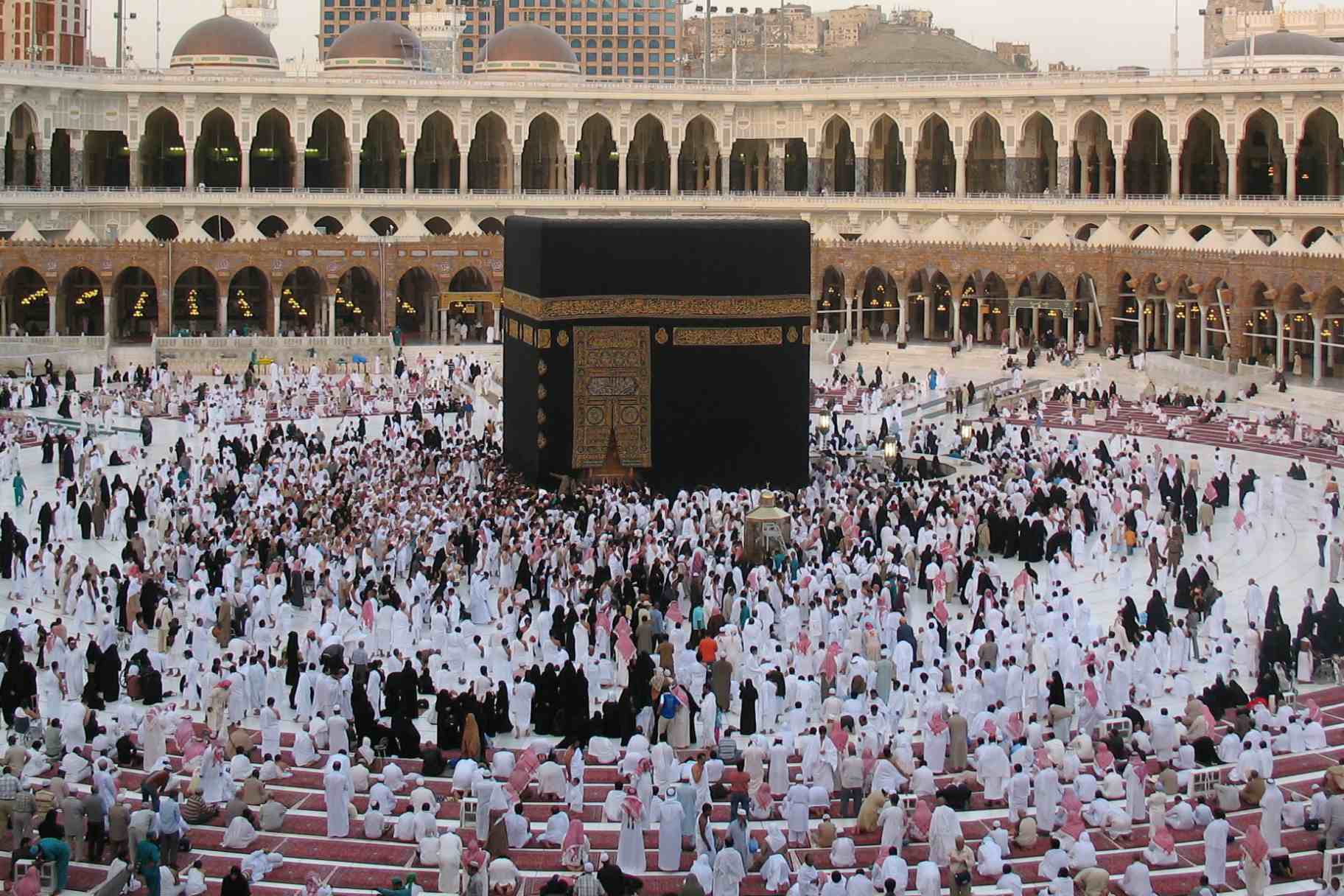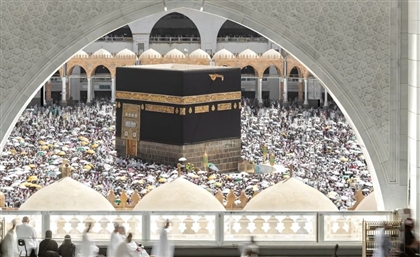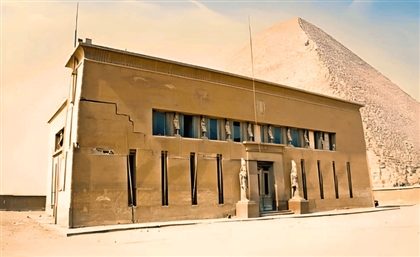AI-Powered Platforms Deployed to Streamline Hajj Amid Safety Overhaul
Mandatory digital permits are enforced with fines up to SAR 100,000 for unauthorised pilgrims or transporters

AI-powered platforms have been introduced by Saudi Arabia’s Interior Ministry to manage Hajj 2025, aiming to streamline pilgrim movement and enhance safety in response to overcrowding incidents during the 2024 pilgrimage.
The Tasreeh permit system, developed in coordination with the Saudi Data and Artificial Intelligence Authority (SDAIA), will issue mandatory digital permits for access to Makkah, while drones and smart devices monitor crowds via Sawaher and Baseer platforms. These measures respond to last year’s fatalities, which authorities attributed to extreme heat and unregistered pilgrims undertaking lengthy routes without authorisation.
Strict penalties are being enforced with fines of up to SAR 100,000 (USD 26,667) for individuals attempting Hajj without permits or transporting pilgrims illegally. Vehicles used for such purposes will face confiscation, while accommodation providers risk multiplied fines per unauthorised guest. Health restrictions have also been implemented, barring individuals with chronic conditions such as heart, lung, or kidney diseases, as well as cancer patients, due to forecasts of extreme temperatures during the June pilgrimage period.
International coordination has intensified, with Egypt revoking licenses of 36 travel agencies linked to Hajj violations and Pakistan confirming adherence to medical bans. Cooling measures, including water vapour spraying across pilgrimage sites, are being deployed to mitigate heat risks.
The 2025 Hajj is projected to draw over 1.8 million visitors, with authorities emphasising compliance with digital permits and health guidelines.
- Previous Article Michael Bublé to Perform in Egypt’s New Capital
- Next Article Inside Egypt’s Seven UNESCO World Heritage Sites



























